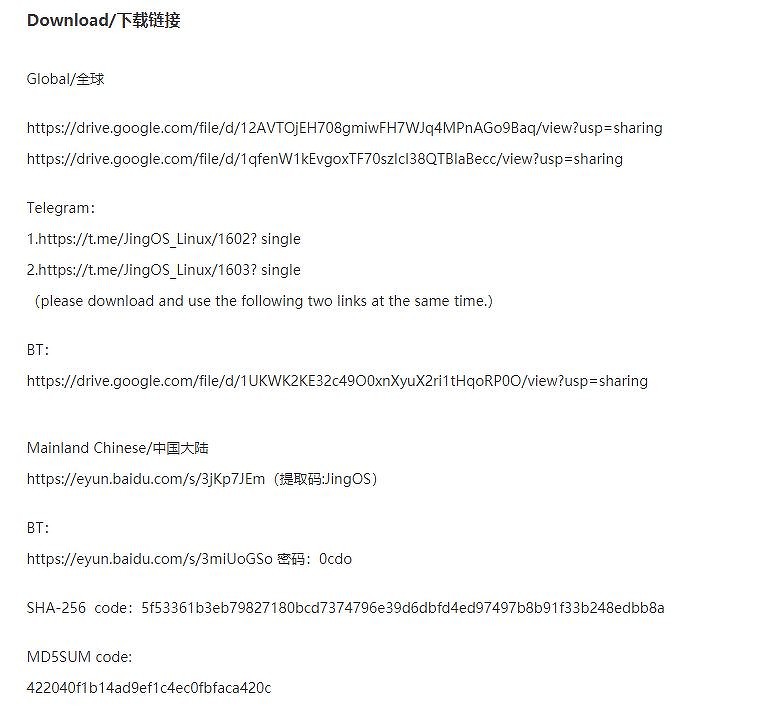
Import substitution in China is being actively implemented. The other day the JingOS mobile operating system, which is designed for tablets, was presented. In the near future, the developers plan to create a version for smartphones, so this OS is a direct competitor (so far only for China) Android and iOS.
The OS is currently running on tablets with x86 processors. An ARM version will be released soon, for smartphones and tablets with chips based on this architecture. The system has already passed the prototype stage, and you can fully work with it. It is based on Ubuntu 20.04, which was released last spring. Now it is available as a beta version, the Chinese have posted the system in the public domain.
The environment for the modified Ubuntu is KDE Plasma Mobile 5.2. When developing the interface, the creators of the system explicitly used the iOS example. This is expressed both in the construction of the interface and in some of its elements. Perhaps this is a temporary step that the developers took to get the attention of potential users.
At the moment, only version 0.6 is available, this is a beta version, which may sometimes work incorrectly. This version provides full support for touch screens. Not only the interface is sharpened for touch control, but also standard programs, including a calendar, a player, voice notes, a gallery and a calculator.

To get the distribution kit, you need to indicate your email address, to which the developers will send an email with a download link. In addition, it is possible to get the image through Telegram. The distribution file is 2.5 GB in size .
Now, in addition to finalizing the system itself, the company is creating a branded application store. It is also planned to add support for over-the-air updates. The OS will have a new virtual keyboard, modified controls, and the mechanism for launching Linux desktop applications will be optimized.

A new update with the 0.8 index will be released in March. At this stage, she will be devoid of most of the problems that are now. The system's performance has already been tested on such platforms as Huawei MateBook 14, Chuwi Minibook and Eve V. It has also been installed and works without problems on Microsoft Surface Pro 6.
Unfortunately, the system's source code is not yet available - it will be opened after the release of the final version in June this year. By the way, at the same time KDE will most likely be replaced with a Chinese shell - JDE or Jing Desktop Environment.

The Chinese, by the way, have competitors - the Ubuntu Touch system, which continues to be developed by enthusiasts, after the cancellation of the project by Canonical in 2017. The latest stable version of the system is 16.04 OTA. But, unfortunately, Ubuntu Touch never became popular, although it has been in development since 2011.
